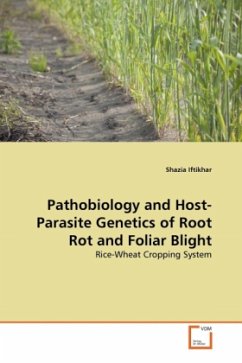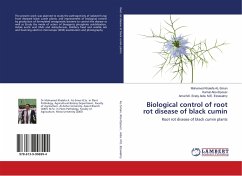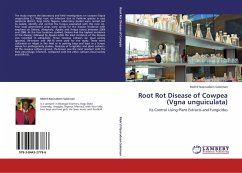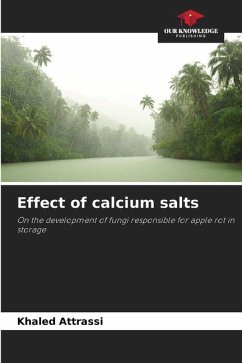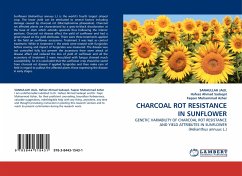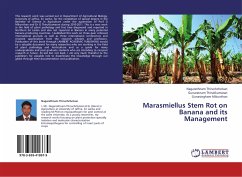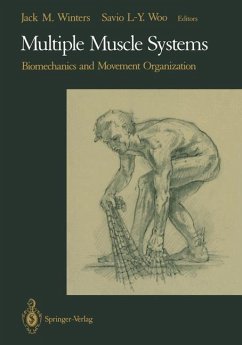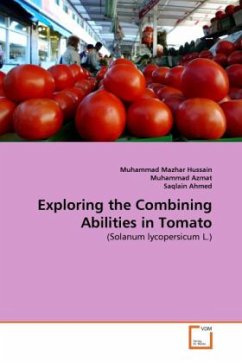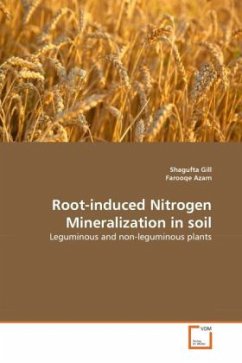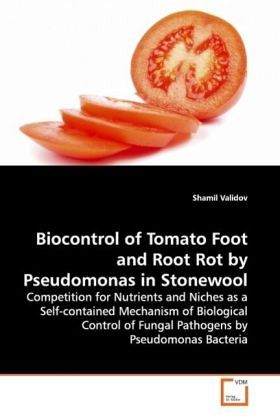
Biocontrol of Tomato Foot and Root Rot by Pseudomonas in Stonewool
Competition for Nutrients and Niches as a Self-contained Mechanism of Biological Control of Fungal Pathogens by Pseudomonas Bacteria
Versandkostenfrei!
Versandfertig in 6-10 Tagen
45,99 €
inkl. MwSt.

PAYBACK Punkte
23 °P sammeln!
Plant diseases have become a permanent threat sincehuman societies started to rely on agriculture as ona major food provider. Back in history, outbreaks ofplant diseases resulted in many human catastrophes.Even nowadays the crop loss due to phytopathogens isestimated as 15-20 % reduction of the yieldworldwide. Chemical pesticides, used for cropprotection, cause damage to the environment and ahazard to human health.The use of wild type microbes as a pesticides hasbecome the promising alternative for replacingchemicals or, at least, reducing their use.This work describes isolation, characterizat...
Plant diseases have become a permanent threat since
human societies started to rely on agriculture as on
a major food provider. Back in history, outbreaks of
plant diseases resulted in many human catastrophes.
Even nowadays the crop loss due to phytopathogens is
estimated as 15-20 % reduction of the yield
worldwide. Chemical pesticides, used for crop
protection, cause damage to the environment and a
hazard to human health.
The use of wild type microbes as a pesticides has
become the promising alternative for replacing
chemicals or, at least, reducing their use.
This work describes isolation, characterization and
industrial testing of a biocontrol agent which
protects tomato against foot and root rot caused by a
phytopathogenic fungus Fusarium oxysporum. The
mechanism which is exploited by the agent of
biological control is seems to be based on
competition for nutrients and niches. This means that
the bacterium does not produce any hazardous compound
to protect the plan against the pathogen. Using this
bacterium as a crop protection agent could diminish
risk of plant disease outbreaks in greenhouse tomato
production without application of chemical
pesticides.
human societies started to rely on agriculture as on
a major food provider. Back in history, outbreaks of
plant diseases resulted in many human catastrophes.
Even nowadays the crop loss due to phytopathogens is
estimated as 15-20 % reduction of the yield
worldwide. Chemical pesticides, used for crop
protection, cause damage to the environment and a
hazard to human health.
The use of wild type microbes as a pesticides has
become the promising alternative for replacing
chemicals or, at least, reducing their use.
This work describes isolation, characterization and
industrial testing of a biocontrol agent which
protects tomato against foot and root rot caused by a
phytopathogenic fungus Fusarium oxysporum. The
mechanism which is exploited by the agent of
biological control is seems to be based on
competition for nutrients and niches. This means that
the bacterium does not produce any hazardous compound
to protect the plan against the pathogen. Using this
bacterium as a crop protection agent could diminish
risk of plant disease outbreaks in greenhouse tomato
production without application of chemical
pesticides.



